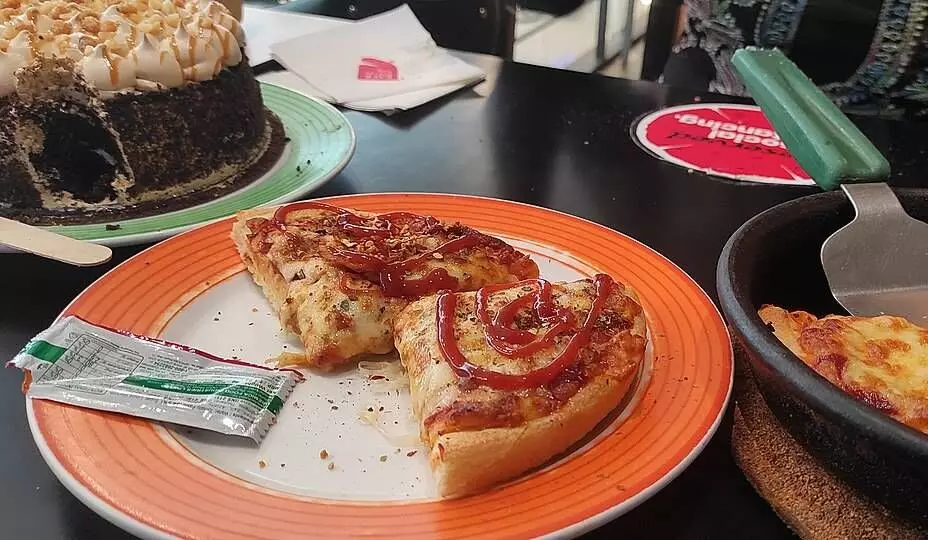Colombia Passes ‘Junk Food Law’ to Curb Lifestyle Diseases
The South American nation has passed a law to regulate the sale of ‘junk food’. The decision is welcomed by the health experts who hope that more countries around the world will follow suit.
 गाँव कनेक्शन 11 Nov 2023 1:59 PM GMT
गाँव कनेक्शन 11 Nov 2023 1:59 PM GMT

Meanwhile, critics of the new tax said it will worsen Colombia’s struggle with inflation.
A recently passed legislation in Colombia has levied 10 per cent tax on junk food in order to safeguard public health. This tax will be increased gradually, first to 15 per cent next year and then it will be raised to 20 per cent.
The tax aims to curb the sale of ultra-processed products defined as ‘industrially manufactured’ ‘ready-to-eat foods, as well as those edibles that are high in salt and saturated fat, such as chocolates or chips.
Also, sausages, cereals [with added sugars], jellies and jams, purees, sauces, condiments and seasoning.
The Colombian diet is high in sodium, which has been linked to a rise in cardiovascular diseases, such as strokes and heart failure. These health conditions account for almost 25 per cent of deaths annually.
Also Read: Rural India: Consumption of Packaged Sugary Food On Rise, Access To Protein Declining — Study
The average Colombian citizen consumes 12 grams of salt a day – the highest rate in Latin America and among the highest in the world. Also, it has been found that nearly 33 per cent of adults in the Latin American country report high blood pressure.
A report in The Guardian reads that Colombia is also introducing mandatory health warnings on foods with high content of unhealthy ingredients, such as sugar or saturated fat. And the tax will be applied on the same products that have the health warning label.
Esperanza Cerón Villaquirán from Educar Consumidores, an organisation which has been campaigning for health tax and product labelling since 2015, said: “Our team suffered all kinds of attacks and censorship prohibited in our country.
“The effort we invested was not only institutional but personal. We never let our guard down and we persisted.” Cerón Villaquirán described the years of hard work leading up to the law being enacted as similar to a 'difficult birth'.
Meanwhile, critics of the new tax said it will worsen Colombia’s struggle with inflation.
“The cost of living crisis and the major contribution that food prices make to inflation mean it’s very difficult in most countries to talk about introducing new taxes,” Sassi was quoted. “But it’s possible to work within the framework of existing taxes to create incentives, for example by reducing VAT on healthier foods to subsidise increased tax on unhealthier options," he added.
#Colombia #SouthAmerica #LatinAmerica
More Stories




